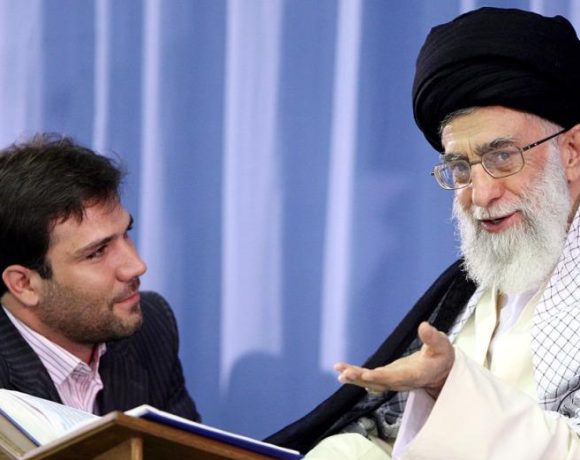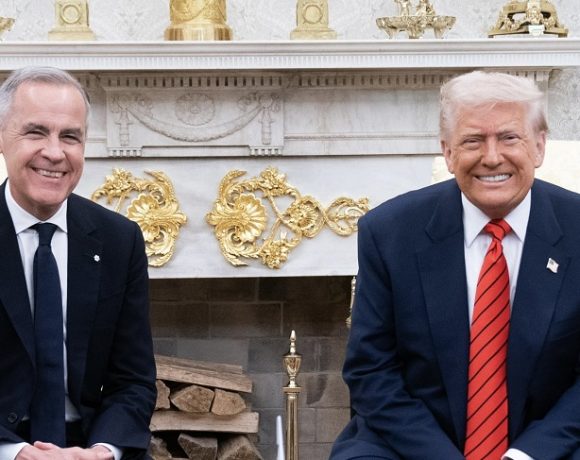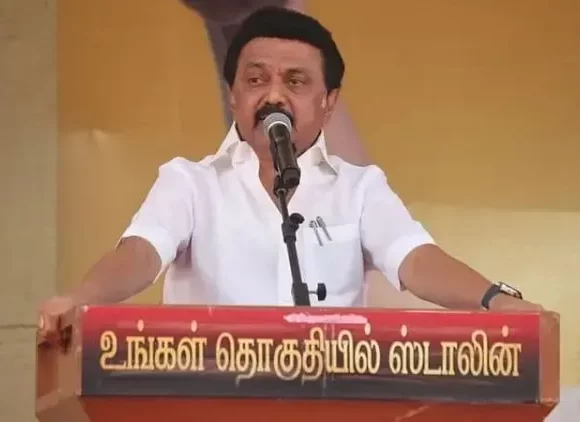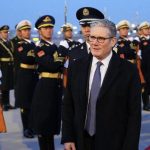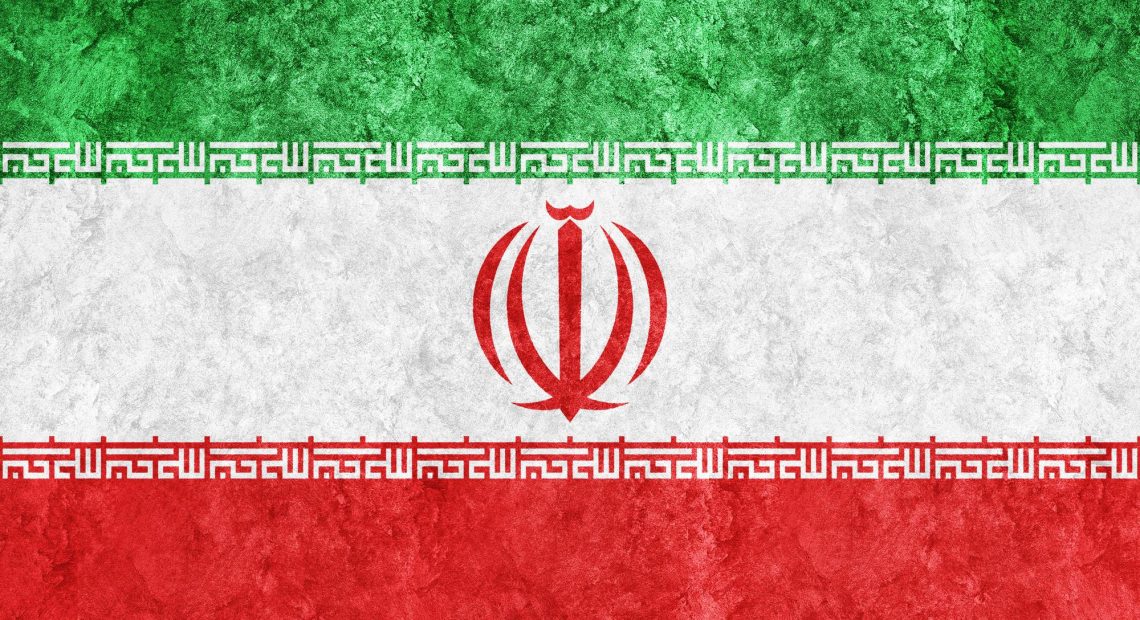
Iran Vows to Continue Nuclear Program, Says “Game Not Over”
Iran has declared that its nuclear ambitions remain undeterred following recent US–Israeli airstrikes, asserting that the “game is not over” and confirming it still possesses significant quantities of enriched uranium. The statement comes as global concerns mount over Tehran’s ability to quickly resume its program despite military setbacks.
Iran Still Has Enriched Uranium
Iranian officials have confirmed that they retain control over their enriched uranium stockpile, estimated at around 400 kilograms. This quantity, depending on enrichment levels, is sufficient for multiple nuclear devices. Authorities clarified that contingency protocols were in place well before the strikes, allowing for relocation and continued safeguarding of key materials.
Though several nuclear facilities—including those in Fordow, Natanz, and Isfahan—sustained damage, Iran insists the strikes failed to destroy its capacity to enrich uranium or dismantle its infrastructure permanently.
“Game Is Not Over”
Rejecting claims by the US administration that Iran’s nuclear program had been “obliterated,” Tehran stated that operations were only temporarily disrupted and could be restarted swiftly. A senior advisor to Ayatollah Khamenei reiterated that Iran’s strategy was built on resilience and long-term planning, emphasizing, “The game is not over. We are far from done.”
Strategic Continuity Despite Damage
Iran has highlighted the robustness of its underground facilities and the deployment of advanced centrifuges, which are believed to be capable of resuming enrichment at alternative or undisclosed sites. While the International Atomic Energy Agency (IAEA) has raised alarms over the loss of visibility into Iran’s uranium locations post-strikes, Tehran maintains that it is acting within its rights under international conventions.
Rising Tensions and Regional Fallout
Following the strikes, Iran issued a strong warning regarding the Strait of Hormuz, a vital chokepoint for global oil trade, suggesting potential retaliation if provoked further. Military analysts believe that while the strikes have set back Iran’s nuclear program, the delay could be measured in months—not years—given Tehran’s preparedness and stockpile retention.
Diplomatic Messaging
Iranian President Masoud Pezeshkian reiterated that the country does not seek nuclear weapons but reserves the right to peaceful nuclear advancement. The U.S. and its allies, however, remain wary, especially in light of the unresolved status of enriched material and Tehran’s refusal to fully cooperate with international inspections.


